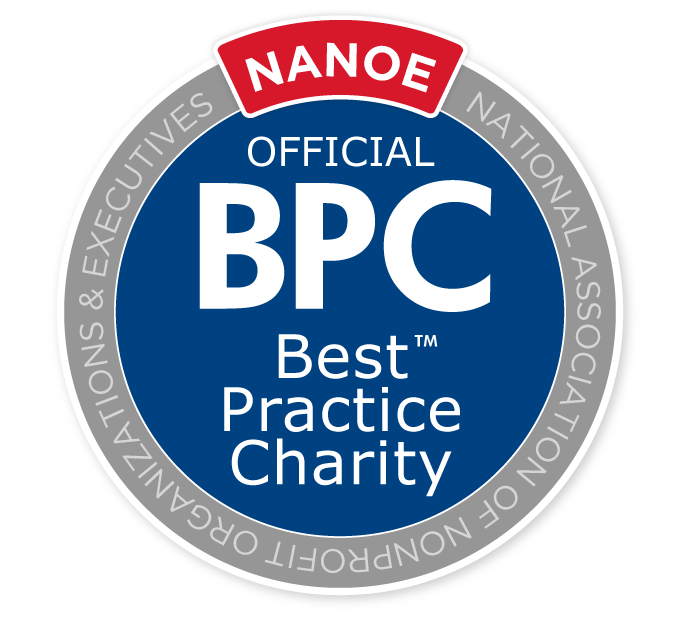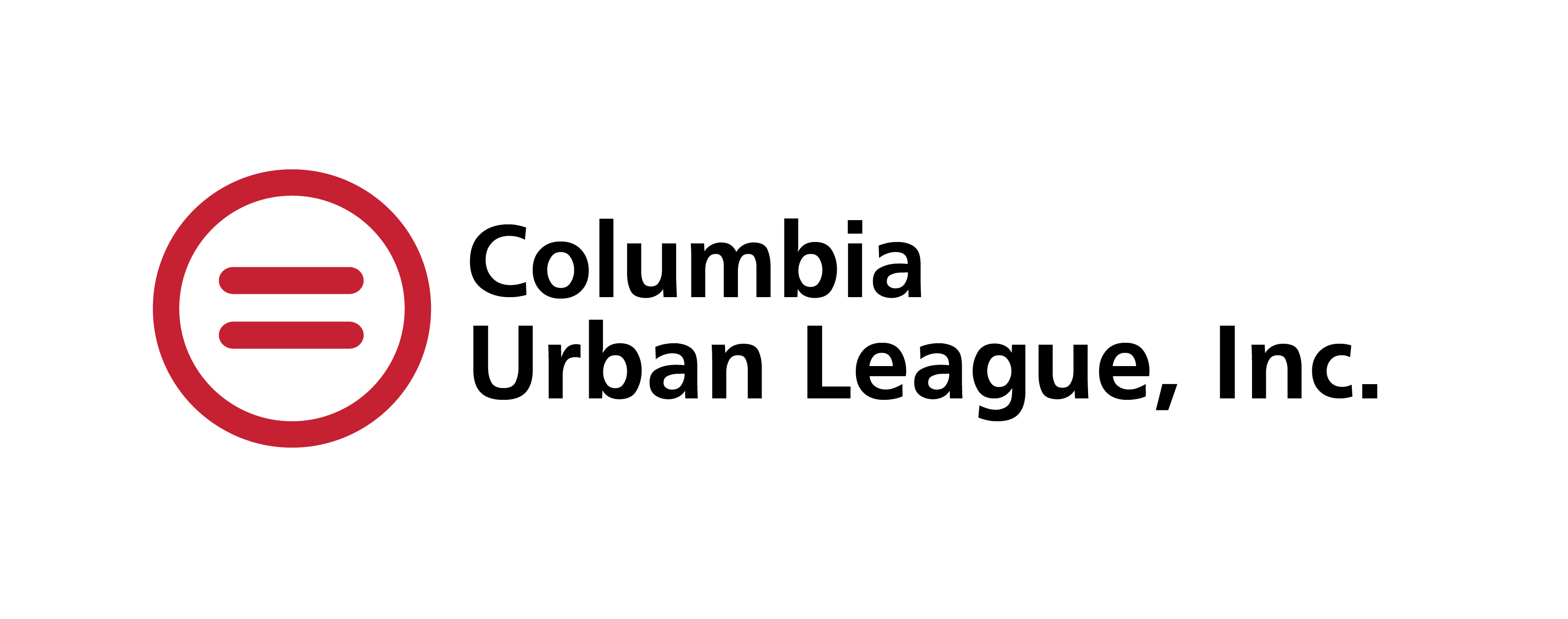Mrs. Alice Wyche Hurley met Mr. Whitney M. Young, executive director of the National Urban League, Inc. (1961-1971), in the mid-1960s as a student at the School of Social Work at Atlanta University (now Clark Atlanta University). Mrs. Hurley noticed that there were huge movements in neighboring cities and mentioned to Mr. Young that Columbia did not have an Urban League affiliate. Nothing came of that original interaction. At a later date, Mrs. Hurley saw Mr. Young and suggested that there was still no Urban League in Columbia nor South Carolina overall. Within a few months, Mr. Young sent a couple of Urban League field directors to the Hurley’s home to help start an affiliate. In the living room of the Hurley home, instructions were given to put together an integrated board of directors as the first step to developing this group.
Our History
On January 27, 1967, at 7:00pm a meeting was held in the Moultrie Room at the Wade Hampton Hotel. Underwritten by the Mayor of Columbia, the Honorable Lester Bates (1958-1970), the meeting was presided over by Mr. Isreal Pinkney Stanback. Representatives from the National Urban League, Inc., Mr. James Harvey Kerns and Mr. Herman Sweatt, were present to discuss, in detail, Urban League Operations and the impact that an affiliate would make on Columbia and the surrounding area. Meeting attendees included:
Mrs. Alice Wyche Hurley
Attorney Thomas Broadwater
Mrs. L. Palmer Chappelle
Mrs. Roxanne Fraiser
Mr. and Mrs. Paul Weldon
Mrs. Odessa S. Nelson
Mr. R. Hopton Paul
Rev. C. J. Whitaker
Attorney Harold R. Boulware
Attorney Hemphill P. Pride
Rev. Robert L. Matthews
Rev. S. R. Bouie
Rev. Collie L. Moore
Rev. William Mack Bowman
Mr. Anthony Manigault Hurley
Mr. Ordie P. Taylor
Mrs. Francena Robinson
Mr. Cecil Adderly
Mr. and Mrs. P. E. Norris
Mrs. Mable B. Ashe
Mr. Walker Manigault
Mr. Paul R. Webber
Mr. John W. Goodwin
Attorney Lincoln C. Jenkins
Rev. William L. Gatling
Rev. S. A. Gadsen
Mr. Bennie L. Williams
During the meeting, it was pointed out by Mr. Sweatt that within six weeks the Columbia Urban League affiliate would begin hiring staff and launching the Adult Education and Employment Program.
Shortly after that gathering, on March 31, 1967 to be exact, the Columbia Urban League, Inc. (CULSC) was established. The League was chartered on April 13, 1967 with the Secretary of State, nearly three years after the landmark Civil Rights Act of 1964 (July 2, 1964) became law. CULSC was founded based on interracial cooperation, eliminating racial segregation and discrimination, and helping disadvantaged and other minorities to become contributing members of society. The Charter states that the official purpose of the Columbia Urban League, Inc. is to:
- Encourage and engage in activities for the improvement of underprivileged persons and families in employment, housing, health, and welfare; and
- To promote interracial understanding and cooperation through the discovery, correction, and prevention of conditions out of which racial tensions, poverty, and disorders arise.
Thus, the first Urban League affiliate was created in South Carolina by Mr. Anthony Manigault Hurley and Mrs. Alice Wyche Hurley. At a time when civil rights marches and demonstrations were commonly used to protest inequality, CUL was formed as a non-profit organization to help fulfill the promise of the law on the local level, promoting financial stability and racial inclusion for those who were, by law and historically, excluded from opportunities.
Founding charter officers of the organization include Colonel Ordie P. Taylor, Jr., Chairman of the Board; David Wallace, Vice Chairman of the Board; Dr. Henry Dobbins Monteith, Treasurer of the Board; Mabel B. Ashe, Secretary of the Board; Alice Buck Norwood Spearman Wright, Board Member; and Dr. John R. Stevenson, Board Member.
After the establishment of a board of directors, a director would be hired to lead the organization and programming would begin shortly thereafter. The need of an Urban League in the area was essential to bringing leadership together, addressing issues, and moving the community forward. The first executive director was Ms. Daisy Dunn Johnson (1967-1968) and under her leadership, CUL understood that the success of job placements relied on a stable workforce being job ready. CUL identified target areas and began implementing programs that better equipped the Black community for job placement. Mr. Elliott Franks, III (1968-1974), also a CUL charter member and Dr. Hiram Spain, Jr. (1974-1979), served as the second and third executive directors, respectively.
In 1979, Mr. James T. McLawhorn, Jr. became president and CEO. During his tenure, CUL has grown to provide social service solutions beyond job placement to include health, housing, education, and minority business development. Overall, to empower historically underserved communities to become contributing members of society and elevate the standard of living.
A Brief Timeline:
Throughout the decades, CUL has been a voice of reason as it knocked down barriers, advocated on behalf of the voiceless, and prepared thousands for economic and social advancement while strengthening the broader community.
Today, the CUL affiliate stands on its reputation to take on tough issues and meet with decision makers to strategize for solutions. The affiliate continues to remain a strong, consistent, and persistent force in the community as a multi-service, non-profit agency that promotes financial stability and racial inclusion in the community.
CUL offers programs designed to provide economic empowerment and educational opportunities for those in need by pursuing the following priorities:
Education and Youth Empowerment:
Ensuring that all children are well educated and prepared for economic self-reliance in the 21st century through college scholarships, early childhood literacy, Head Start, and after care programs.
Economic Empowerment:
Empowering all people in attaining economic self-sufficiency through job training, good jobs, home ownership, entrepreneurship, and wealth accumulation.
Health and Quality of Life Empowerment:
Working to build healthy and safe communities that eliminate health disparities through prevention, healthy eating, fitness, as well as ensuring access and complete access to affordable health care for all people.
Civic Engagement and Leadership Empowerment:
Empowering all people to take an active role in determining the direction, quality of life, public policy, and leadership in their communities by full participation as citizens and voters, as well as through active community service and leadership development.
Civil Rights and Racial Justice Empowerment:
Promoting and ensuring our civil rights by actively working to eradicate all barriers to equal participation in all aspects of American society, whether political, economic, social, educational, or cultural.
Get in Touch
1400 Barnwell St, Columbia, SC 29201
inform@culsc.org | 803-799-8150
Programs
Updates & Events
Get Involved

© 2025 Columbia Urban League, Inc. Designed and Developed by Chris K Howard
